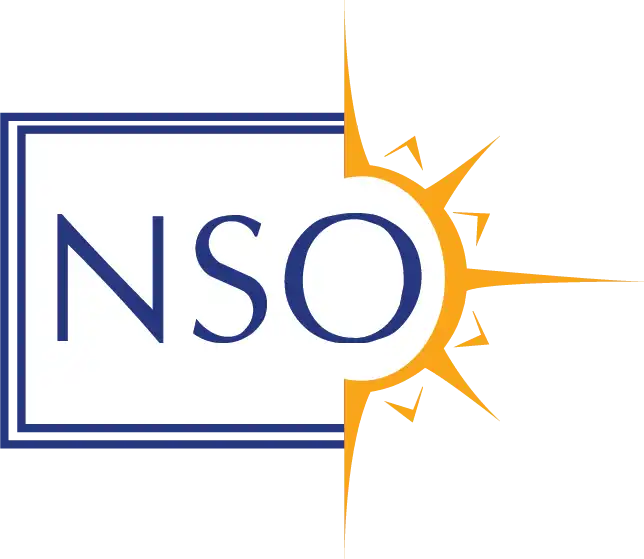Maui Hui Mālama secures $136,000 grant for Native Hawaiian youth services

Maui Hui Mālama has announced a grant award of $136,666 to support the Native Hawaiian community through a Office of Hawaiian Affairs’ Kumuwaiwai Na‘auao-Educational Resources Grant.
According to Maui Hui Mālama, the grant will help to reinforce and strengthen Native Hawaiians’ connections to ‘ohana (family), moʻomeheu (culture), and ʻāina (land and water), and support work in OHA’s Mana I Maoli Ola Strategies and Outcomes.
The purpose of its “Breaking Barriers and Creating Connections to Education, Careers, and Culture” project is to provide holistic, integrated educational services to support Maui County Native Hawaiian high-needs youth and their families in overcoming barriers to education through one-on-one tutoring, case management (supporting families to navigate educational options and receive warm-touch referrals), and Hawaiian cultural and art activities.
“It’s not easy for a child to tell their teachers the reason they’ve been missing school is because they have to take care of their disabled grandparent during the day or that they fall asleep in class all the time because they help their parents clean office buildings at night so they can help pay for the rent,” said Tamara Tanaka, Maui Nui Mālama’s executive director.
“When we work with a youth and their ‘ohana, we meet them where they’re at and help them to create a plan that empowers the youth to have a voice and a support team that will work with them to remove barriers,” she said. “We also do our best to help them identify their strengths, interests, and what they value or care about most so that we can connect them with or create educational opportunities that will inspire and motivate them to learn and do more.”
Maui Hui Mālama provides access to a variety of learning opportunities for Maui youth, whether their interest is in caring for ‘āina and growing kalo, exploring streams and learning about hīhīwai, or going fishing and anticipating that hanapa‘a day when they catch their first big papio (fish).
“We have fun learning with them and are proud to see their growth in becoming our next ‘teachers,'” Tanaka said. “With every youth who comes to us, our team understands that this could be the positive change that their ‘ohana will live with for generations to come.”








